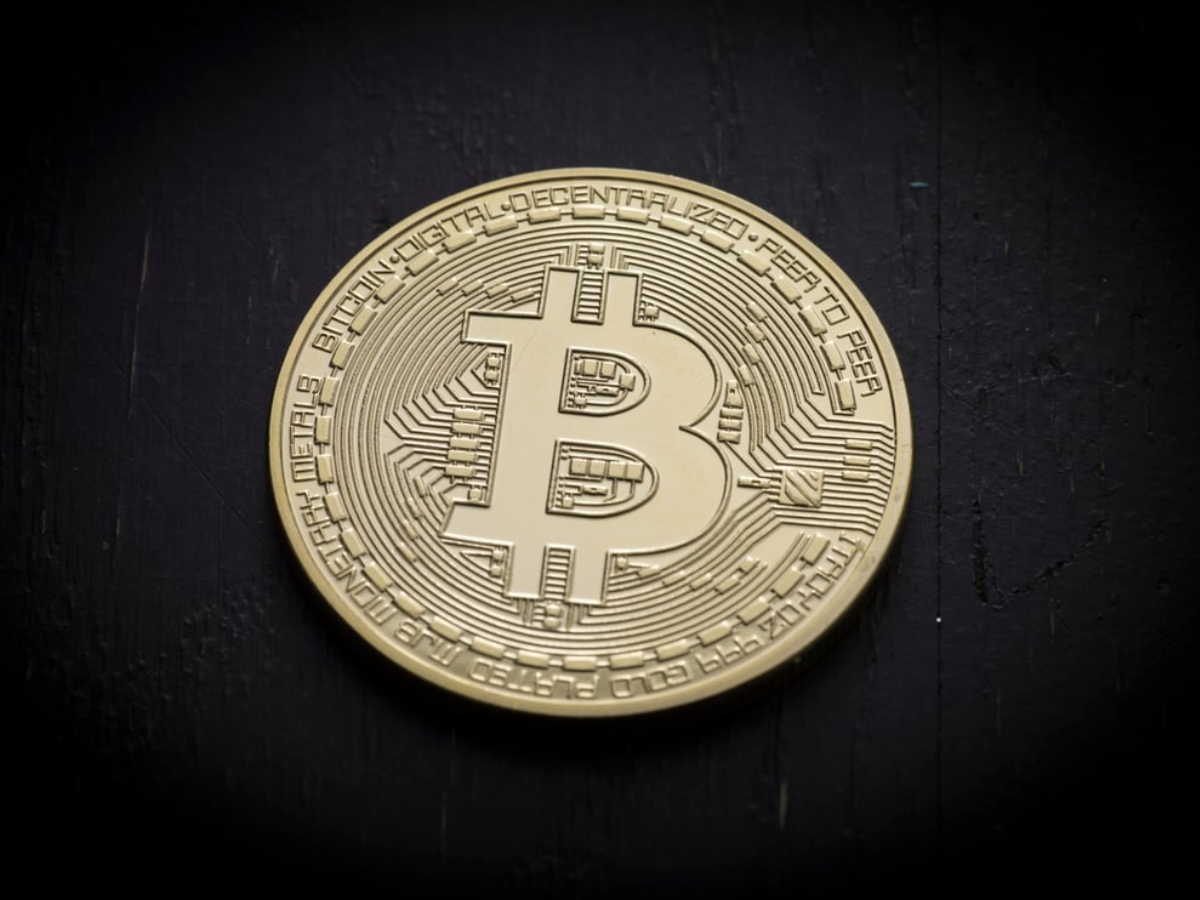 Image source: https://unsplash.com/photos/I0TDRP0fj6Y
Image source: https://unsplash.com/photos/I0TDRP0fj6Y
Since 2009, when Bitcoin, the first decentralized cryptocurrency was created, the performance of digital assets continues to attract attention from institutions such as banks, hedge funds, asset managers, and family offices.
After years and years of resistance, financial institutions are finally starting to embrace blockchain technology, or at least consider the possibility of doing so. Thus, after several years in which the crypto community has talked about incoming institutionalization support for digital coins, it is now, in 2020, that this is taking off.
Now, since the crypto market started to grow in popularity, only select hedge funds and banks with higher risk portfolios engaged with these digital coins. Therefore, there was no serious flow of investment. Yet, this isn’t a surprise since everybody thought of the crypto market to be in its testing phase.
Moreover, as there was a lack of sufficient ICOs, and many projects that didn’t deliver, which isn’t necessarily unusual for emerging markets, financial institutions simply didn’t want to take the risk. Yet, this “testing” phase of the crypto market showed a very good lesson: to get institutional money flowing, there is a significant need for better infrastructure and tools.
However, we are now witnessing a change in attitude from financial institutions to engage with crypto. So, why is this happening? It all starts with removing the early objections and uncertainties about the crypto market and the performance of the digital coins. From that point, it is obvious to see how the underlying blockchain technology can be the solution to some of the most primary concerns that financial institutions and their customers deal with these days.
Transaction speeds increase benefiting everyone
Let’s be honest, in today’s highly digitalized world, consumers expect everything to happen fast. From expecting a website to load in a few seconds to expecting their financial transactions to be instant, today’s consumers are in more rush than any of their peers from previous generations. Now, that’s because the Internet and technological innovations have shown them that things can move at a faster pace. So, in a society used to high-speed Internet, it’s no surprise that consumers started to show interest in cryptocurrencies that offer faster transaction speeds all around the world.
Yet, these changing needs of their customers in the 21st century made traditional banks to lose their clients over fintech newcomers. So, slow transactions were not acceptable anymore. Plus, faster transactions can also positively impact financial institutions more than just winning a few of their tech-savvy consumers back.
For example, in 2018, HSBC, one of the largest banking and financial services institutions in the world, made what we believe to have been the world’s first trade-finance transaction using blockchain technology. The transaction was made for a shipment of soybeans from the US agricultural group Cargill and involved two financial institutions, HSBC and ING. The deal happened on the R3 blockchain platform and only took nearly 24 hours to complete, a transaction that would have normally taken up to 5-10 days.
So, this benefited everyone involved in the deal not only because the time of the transaction was cut up to 80-90%, but also because it significantly reduced manpower that would have normally been involved in the deal. Plus, the security of the transaction also improved considerably as it has happened using distributed ledger technology, which records every detail about the transactions of assets in multiple places at the same time.
Financial institutions are developing their own digital coin
It seems like financial institutions and banks have finally understood the underlying benefits of blockchain technology. Therefore, many of them have started to embrace this technology but are still uncertain about whether or not they should embrace digital coins as well. Yet, on the flip note, other financial institutions are embracing cryptocurrencies.
For example, JP Morgan, a leading global financial services firm, started by embracing the blockchain technology, from developing blockchain products for their customers to investing in blockchain companies. And, later, the company also created the JPM coin, their own cryptocurrency-like coin, created especially for their tech-savvy customers who need fast transaction services.
But why should financial institutions create their own digital coin? Well, apart from allowing them to provide their customers with the benefits of using digital assets, they are still able to maintain control over these assets.
What does the institutional adoption of cryptocurrency mean for investors?
When major financial players such as HSBC and JP Morgan are showing a compelling interest in blockchain technology and digital coins through their initiatives, the economic landscape is set to change forever. Other smaller or less popular institutions will, sooner or later, have to follow the lead because otherwise, they might risk being left behind in these times of progress.
Now, these changes that are happening to the crypto landscape will, most likely, increase consumer confidence in digital coins. So, it is very likely for both private and institutional investors to show more interest in adding Bitcoin and other digital currencies to their varied portfolio.
We are already seeing a growing trend of trading and investing in forex trading. But now, investors are becoming more interested in crypto trading as well. And, these assets are becoming more and more worthy of investing in, alongside investing in stocks and bonds, in a world where alternative investment options are on the rise.
Yet, investors, especially beginners, would be well-advised to educate themselves on digital assets, blockchain technology, and forex trading before choosing to add these investments to their portfolio, especially since cryptocurrency exchanges and brokers have differences.
While forex trading has already been a popular investment option for a long time now, the crypto market is a relatively new one and is still posing some challenges for new investors. Therefore, learning the similarities and differences between these two markets and the assets that are traded can help new investors succeed in this fast-changing investing landscape.
There’s no better time than now to get on board and take advantage of the gains possible thanks to the increased adoption of blockchain technology, the growing use of cryptocurrency, and the increasing interest in alternative investment solutions.










